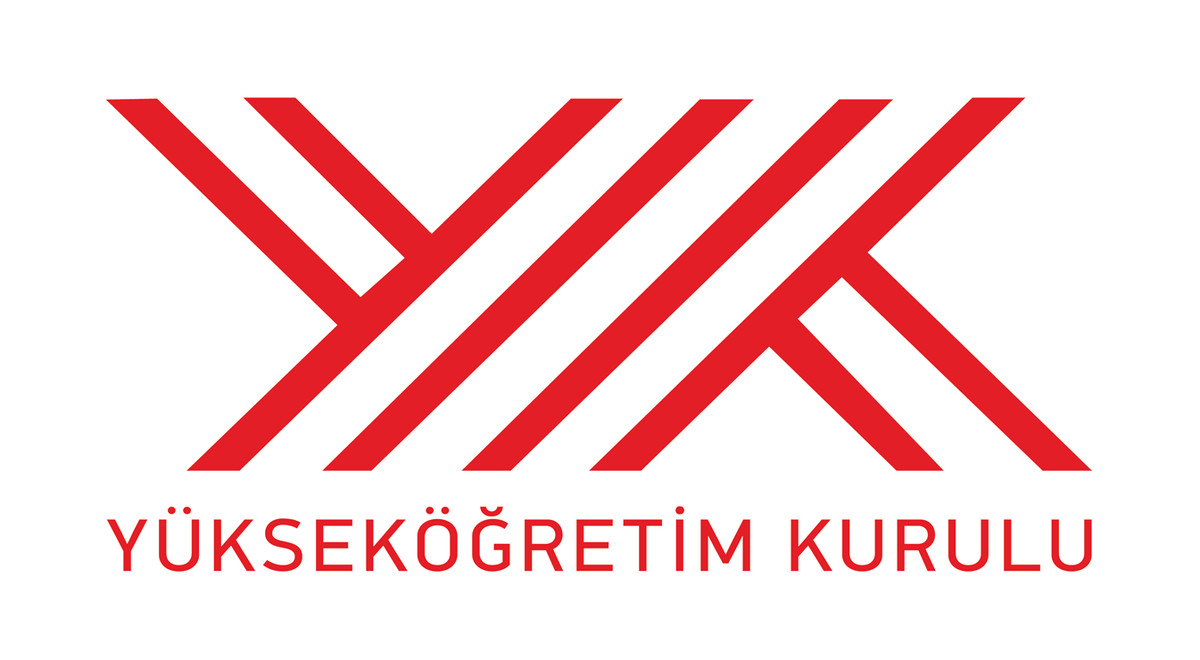Avrupanın "karanlık" dediği bir çağın gerçekte; bilim, ortak yaşam ve medeniyet açısından nasıl "aydınlık" olduğunu anlayın, bilmiyorsanız hayret edin, şaşırın !!! (özellikle Erasmus programında İspanya’ya gidecek olanların nereye gittiklerini bilmeleri açısından önemli bir belgesel)
Türkçe (Avrupanın Kayıp Uygarlığı), Bölüm - 1 – 2 -
İngilizce (An Islamic History of Europe), Bölüm - 1 –
Türkçe (Endülüs Mimari ve Bilim Tarihi Belgeseli), Bölüm - 1 -
Türkçe (Avrupa’nın Müslümanlar’dan aldığı ilim ve Oxford’un kuruluşu), Bölüm - 1 -
Sicilya’da İslam İzleri, Bölüm – 1 -
Cities, I have been.
Ajloun, Amman, Amsterdam, Antwerp, Apeldoorn, Aqaba, Barcelona, Berlin, Blagay, Bratislava, Brussels, Bucharest, Budapest, Cagliari, Canterbury, Cologne, Córdoba, Delft, Den Bosch, Duisburg, Dubrovnik, Düsseldorf, Firenze, Granada, Hamburg, Helsinki, Kiev, Kraków, Kyiv, London, Madaba, Madrid, Mafraq, Málaga, Minsk, Mostar, Neum, Paris, Petersburg, Pisa, Prague, Riga, Rome, Rotterdam, Saraybosna, San Gimignano, Seville, Siena(Asena), Sofia, Tallinn, The Hague, Toledo, Utrecht, Üsküp(??????) Vilnius, Wageningen, Warsaw, Zagreb, Zwolle.
Trakya’nın sevimli “tarihi” şehri: Kırklareli
(Sabah biraz erken çıkılırsa, günü birlik, 250-300 km.lik mesafeden dahi gidilip gezilebilebilecek, 75.000 nüfuslu bir nokta)
Modern?? şehirleşme (ne yazık ki) çok kötü ilerlemesine rağmen bazı noktalarda ki tarihi binalar korunabilmiştir (bir kısmı yıkılmış olmasına rağmen). Şehir merkezinde otopark imkanı tabii ki kısıtlı olduğundan yakın yerlere yürümek gerekiyor.
Kırklareli’deki güzel yerler ve adreslerini (kültür noktaları, tarihi yerler, vs) kolayca bulabilecek bir internet sitesi göremeyince (kızdım ve) oturup kendim yapmak istedim :
(Google haritalarda aşağıdaki GPS uydu noktalarını kopya/yapıştır ile yazarsanız ilgili noktaya gidersiniz,
Link satırları ise sizi haritadaki noktaya götürecektir)
The lovely "historical" city of Thrace: Kirklareli
Beautiful places and addresses in Kirklareli City (cultural points, historical places, etc.) with “maps” :
(If you go out a little early in the morning, it will be a day trip, to a city with population of 75.000, even if you can travel 250-300 km away)
Although, modern?? urbanization (unfortunately) has gone very badly, some historical buildings have been preserved (although some have been destroyed). Parking in the city center is of course limited, so you need to walk to nearby places.
Beautiful places and addresses in Kırklareli (cultural points, historical places, etc.) with “maps” :
COMPOSTING APPLICATIONS AND FAILURES IN ISTANBUL AND TURKEY
http://www.yildiz.edu.tr/~kanat/2/kompost.html
Kanat, G. 2010. “Municipal solid-waste management in Istanbul”, Waste Management, 30 (2010) 1737–1745.
Cost of bottled water in Istanbul is 250-700 times more expensive than tap water (for 1 L). For comparison, it might cost up to 1000 times more than tap water in certain other countries (WWF, 2004). Thus, most individuals consume it only for drinking water, but use tap water for other purposes such as tea, coffee, cooking, etc. Although it is more expensive, bottled water consumption has doubled in the past 20 years and reached to 130 liters per year per inhabitant in Paris and 80 liters in Istanbul in 2004. However, this practice also increases plastic consumption and waste output. World Wildlife Fund reported that as more as 1.5 million tons of plastic are used for water bottling (WWF, 2004), which is a substantial problem especially in touristic areas where recycling facilities are inadequate....
Global NEST Journal, Vol 19, No 3, pp 521-532
Gurdal Kanat (2017), Risk Perception and Bottled Drinking Water Consumption in Istanbul City, Global NEST Journal, 19(3), 521-532.
Risk Perception and Bottled Drinking Water Consumption in Istanbul City
https://journal.gnest.org/sites/default/files/Submissions/gnest_02378/gnest_02378_published.pdf
Abstract : Parallel to the increase in public concern about the safety of drinking water globally, the demand for bottled water has increased in almost every country. Although tap water is significantly cheaper than bottled water, consumers concerned about the safety of tap water. They still prefer the bottled water despite several checks implemented in tap water networks. The present paper aims to discuss network water quality in the city of Istanbul, Turkey and to present the findings on a related survey conducted by the authors.



